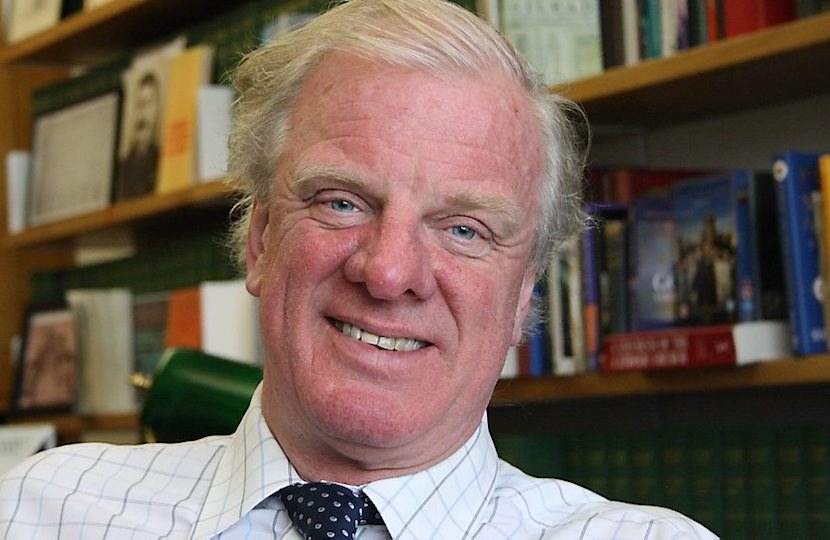
It was an immense relief to see Lincolnshire County Council vote down the proposal to create a mayor for Greater Lincolnshire. This plan is poorly thought out and would add another expensive and complex layer of local government that is totally unnecessary and, I would argue, counterproductive. Our district councillors and county councillors work hard to represent their neighbours and during a time when the budget belts have been tightened they have been forced to make very difficult decisions about services.
I am a firm believer in localism and subsidiarity. This means that decisions should be made closest to the people who will be most affected by them. In our part of the world, that means the district councils. But the creation of a mayor for Greater Lincolnshire would set an obvious trajectory which I fear would lead to the abolition of our district councils and the transfer of their powers elsewhere. I would oppose that development strenuously just as I oppose this proposal.
Even the title of mayor is totally inappropriate. Mayors are for towns and cities, whereas Lincolnshire is a largely rural county which is one of the great agricultural powerhouses of Great Britain. But it is headline grabbing as plans for the consolidation of local government in various cities in the north of England is considered and progresses. We simply can’t take a model that works for Manchester and arbitrarily apply it to Greater Lincolnshire.
The creation of another layer of local government is meant to be sweetened by the promise of extra funding to be distributed through the mayor’s office. But this will be partly negated by the fact that local authorities will be expected to make a contribution from their already straitened budgets towards the budget of the mayor’s office. This is far from a model of sleek efficiency in delivering services.
As central government’s funding of local authorities has understandably declined, any further funds for our communities are of course welcome. If the civil service mandarins in Whitehall would like to distribute this on a Greater Lincolnshire basis, rather than divvying it up amongst the various councils of the area, there are far better ways of going about it.
My proposal was that we set up a board composed of delegated members of each local authority who meet under the chairmanship of an independent non-politician, perhaps a local businessman or some such figure. They can then determine amongst themselves how this extra funding should be divided up amongst the local authorities, based on the priorities of Greater Lincolnshire as a whole.
As the County Council has rejected the mayor idea, I was hoping this proposal would be dead in the water. But it doesn’t want to die a natural death, and some are still trying to see it is enacted in the hope that those local authorities who are against it now can be brought along to support it later on. On this, as on so many issues, the fight is not yet over.

